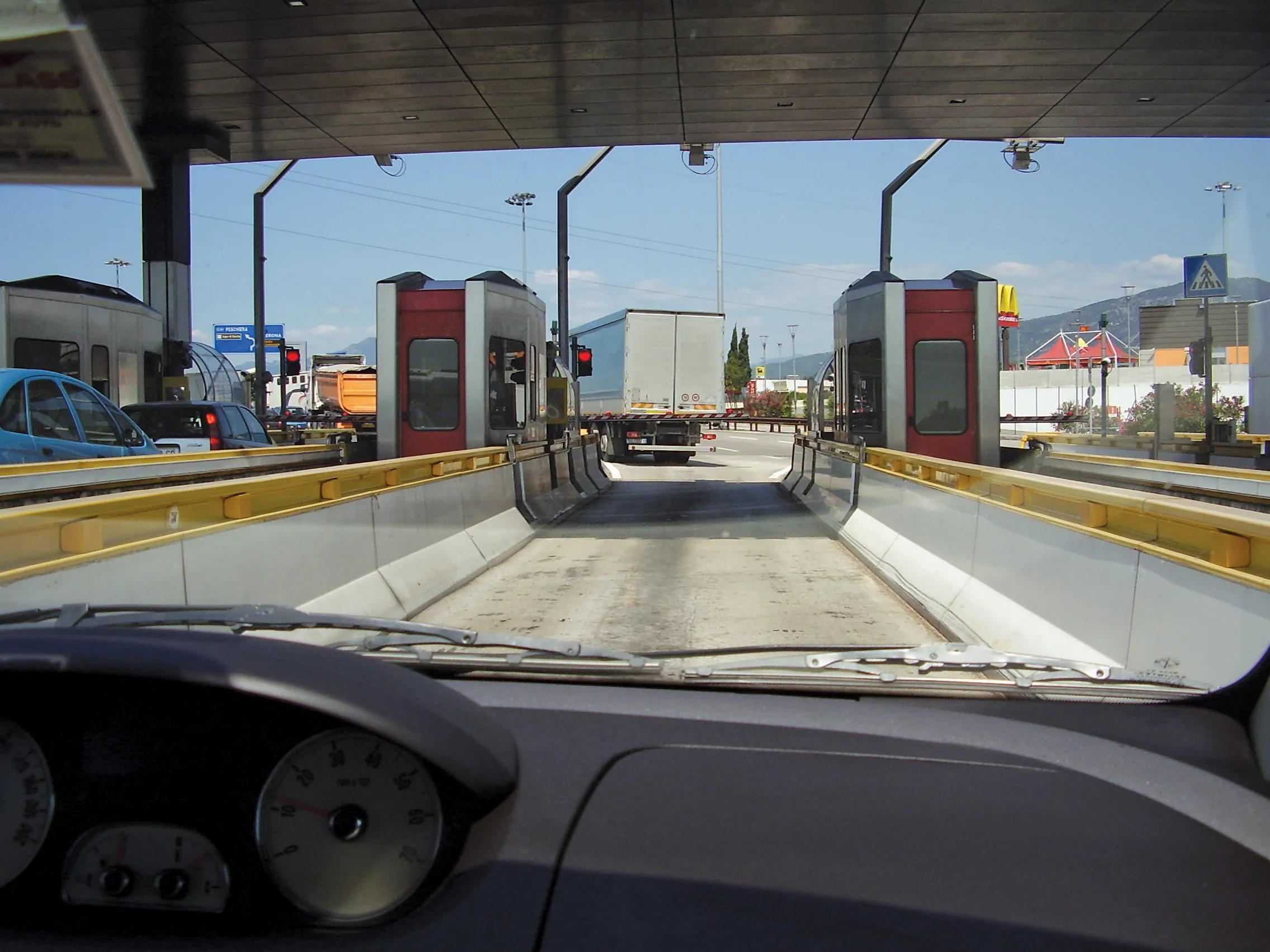The European Parliament’s Transport and Tourism (TRAN) Committee voted to approve a report evaluating the implementation of the European Commission’s 2011 White Paper on Transport.
The document outlines the priorities and directions that the TRAN Committee would like to see the Commission take as they continue the consultation process for the revision of the White Paper on Transport.
The Parliament’s position is that consumers must be at the heart of all transport policy initiatives.
FIA Region I, a cons
July 16, 2015
Read time: 3 mins
The European Parliament’s Transport and Tourism (TRAN) Committee voted to approve a report evaluating the implementation of the 2465 European Commission’s 2011 White Paper on Transport.
The document outlines the priorities and directions that the TRAN Committee would like to see the Commission take as they continue the consultation process for the revision of the White Paper on Transport.
The Parliament’s position is that consumers must be at the heart of all transport policy initiatives.
8055 FIA Region I, a consumer body representing 111 motoring and touring lubs and their 38 million members from across Europe, the Middle East and Africa, welcomed the assessment of the White Paper’s objectives but had reservations.
In addition to placing road users at the heart of transport policy, post-license training for vehicle users was highlighted as a priority in the draft that was approved. “This is an issue that the FIA has been promoting over many years to improve road safety,” FIA said in a written statement.
“The report further foresees the constructive use of intelligent transport systems and highlights the importance of digitisation for better productivity and efficiency. The document also calls for a swift adoption of a reduction by 40% of the serious injuries from road accidents, a target which was recently withdrawn by the Commission.”
However, FIA Region I said the report does not go far enough in its evaluation of the White Paper. The 10 goals identified in the original White Paper should have been revised.
In the paper, Priority 1 intends to remove all conventionally fuelled vehicles from city centres by 2050, which has the potential to exclude many road users that are not able to afford alternative fuelled vehicles or do not have access to adequate public transport.
In addition, Priority 10 calls for a road charging scheme where the “user pays” or “polluter pays”. However, FIA Region I noted that there are no clear methods on how this can be calculated nor any method to include the amount that drivers are already paying in vehicle-related taxes.
Jacob Bangsgaard, director general of FIA Region I, said that it is important to develop a vision on a more sustainable model. However, “people’s needs should remain at the heart of political goals”, he said.
“Policymakers must remember that each mode has a role to play to make transport more inclusive, greener, safer and more efficient. Emerging technologies must be strategically deployed to integrate and optimise different modes of transport.”
The document outlines the priorities and directions that the TRAN Committee would like to see the Commission take as they continue the consultation process for the revision of the White Paper on Transport.
The Parliament’s position is that consumers must be at the heart of all transport policy initiatives.
In addition to placing road users at the heart of transport policy, post-license training for vehicle users was highlighted as a priority in the draft that was approved. “This is an issue that the FIA has been promoting over many years to improve road safety,” FIA said in a written statement.
“The report further foresees the constructive use of intelligent transport systems and highlights the importance of digitisation for better productivity and efficiency. The document also calls for a swift adoption of a reduction by 40% of the serious injuries from road accidents, a target which was recently withdrawn by the Commission.”
However, FIA Region I said the report does not go far enough in its evaluation of the White Paper. The 10 goals identified in the original White Paper should have been revised.
In the paper, Priority 1 intends to remove all conventionally fuelled vehicles from city centres by 2050, which has the potential to exclude many road users that are not able to afford alternative fuelled vehicles or do not have access to adequate public transport.
In addition, Priority 10 calls for a road charging scheme where the “user pays” or “polluter pays”. However, FIA Region I noted that there are no clear methods on how this can be calculated nor any method to include the amount that drivers are already paying in vehicle-related taxes.
Jacob Bangsgaard, director general of FIA Region I, said that it is important to develop a vision on a more sustainable model. However, “people’s needs should remain at the heart of political goals”, he said.
“Policymakers must remember that each mode has a role to play to make transport more inclusive, greener, safer and more efficient. Emerging technologies must be strategically deployed to integrate and optimise different modes of transport.”







